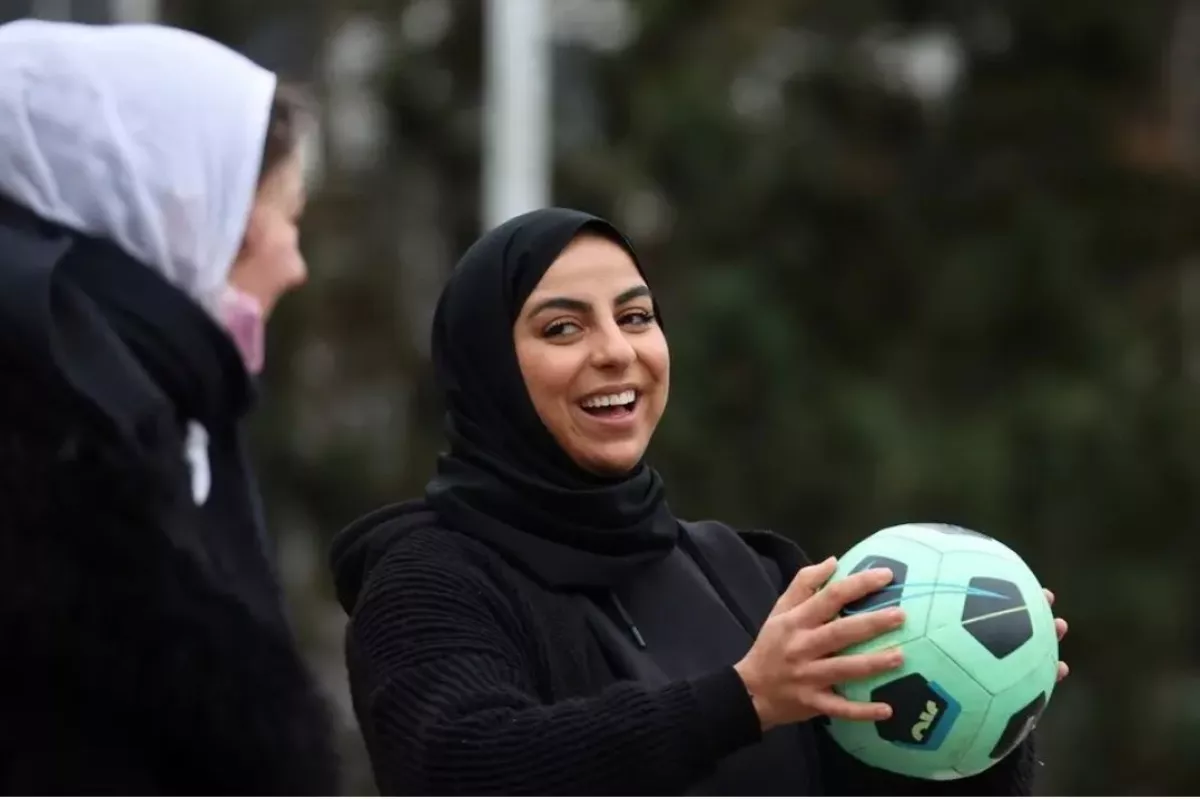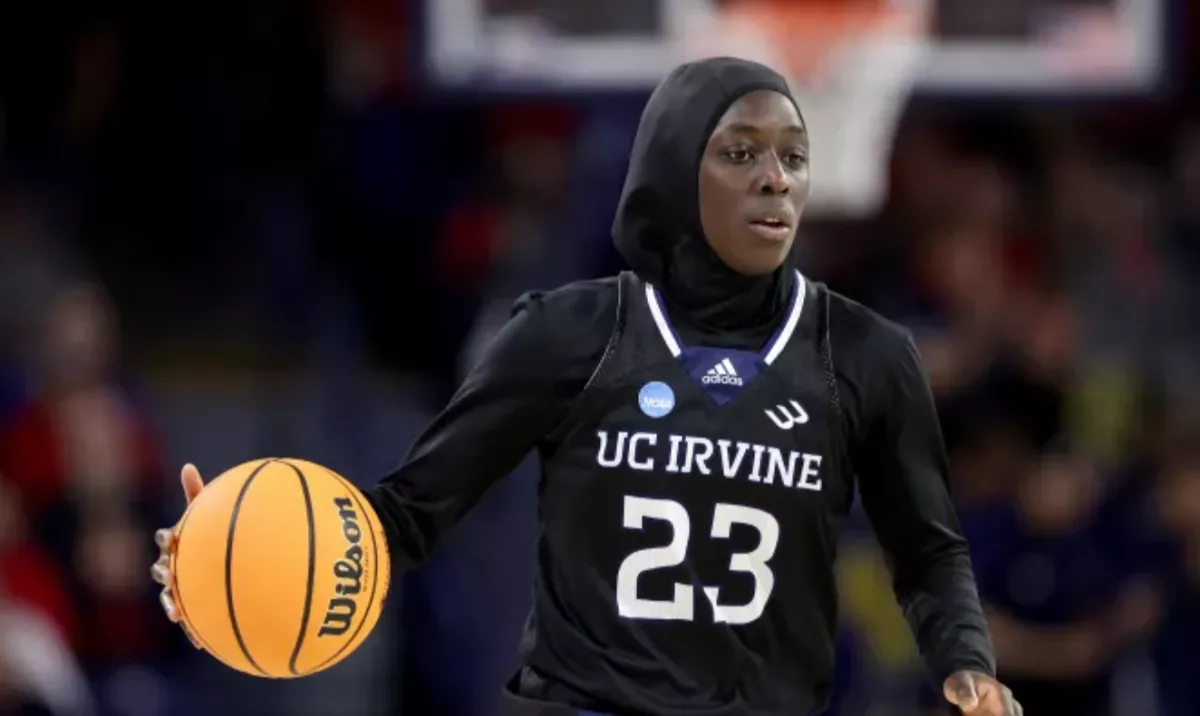Al Jazeera: France’s policies marginalize Muslim women in athletics Exclusion in the name of secularism
In a strikingly personal and powerful article on Al Jazeera, French volleyball player Assma sheds light on the challenges Muslim women face in accessing sports in France due to discriminatory policies. Her story, a mix of resilience and advocacy, highlights the systemic barriers driven by secularism misused as a tool of exclusion. Caliber.Az invites its readers to explore a paraphrased account of Assma's powerful story.
Assma recalls how her childhood health struggles kept her away from sports. When she finally embraced physical activity during university, her newfound passion was met with an unexpected hurdle: her turban. Her first attempt to join a boxing class was thwarted when a coach refused her entry, citing her headwear as the issue. This marked the beginning of her fight — not in the ring, but for her right to participate in sports free of discrimination.
Her challenges continued when she joined a volleyball club, only to be informed that the French Volleyball Federation’s (FFVB) regulations prohibited her from competing due to her headscarf. This exclusion was based on a misapplication of rules that officially came into force months later, underscoring a deeper issue of prejudice and Islamophobia.

In France, “laïcité” (secularism) is enshrined in the constitution to protect religious freedom. However, Assma argues, it has been weaponized to restrict Muslim women’s access to public spaces, including sports. Over the years, bans on religious symbols such as headscarves have permeated schools, beaches, swimming pools, and sports, further marginalizing Muslim women.
Such exclusionary policies, she notes, have devastating consequences, including humiliation, trauma, and the forced withdrawal of women and girls from activities they love. For Assma, being sidelined from volleyball has taken a toll on her mental and physical well-being.
France’s hijab ban gained international attention during the Paris Olympics, where headscarf-wearing athletes were barred from competing. This contradiction with the rules of global sports bodies like FIFA, FIBA, and FIVB brought the issue to the forefront. Amnesty International and the United Nations have condemned France’s policies as discriminatory, urging the country to reverse the bans.

Despite international criticism, two new bills aiming to extend the hijab ban to all sports were introduced in the French Parliament.
Assma remains undeterred. She continues to advocate for inclusivity in sports, alongside organizations like Amnesty International, Hijabeuses, and feminist-anti-racist groups such as Lallab. These collectives, she notes, are creating spaces of solidarity and resistance against the systemic discrimination faced by Muslim women in France.
Her message is clear: this fight is not political or religious — it is about the fundamental human right to participate in sports. Through resilience and collective action, Assma believes that change is possible, and the fight for equality can prevail.
By Tamilla Hasanova








